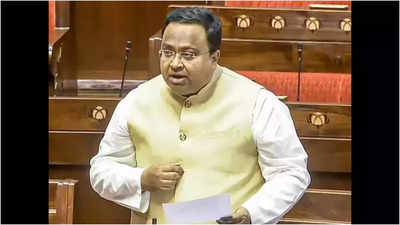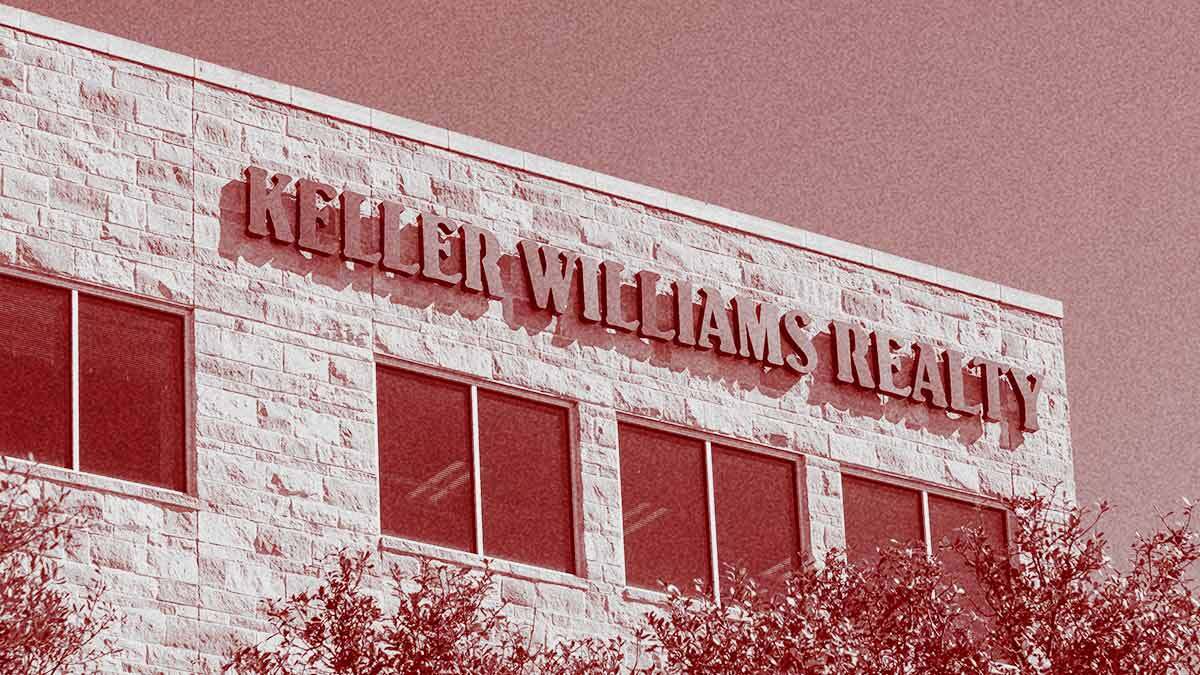
BJD national Spokesperson, Sasmit Patra
NEW DELHI: The Biju Janata Dal changed its stance on Thursday and told its party members to exercise their conscience in the interest of justice, harmony, and the rights of all communities in
Rajya Sabha
while giving their votes for the Waqf Amendment Bill.
After the Lok Sabha, the bill moved to the Rajya Sabha, where the MPs are engaged in a heated discussion on the Waqf Amendment Bill.
BJD national Spokesperson, Sasmit Patra, said that they have not issued any
party whip
for the discussion on the bill.
"The Biju Janata Dal has always upheld the principles of
secularism
and inclusivity, ensuring the rights of all communities. We deeply respect the diverse sentiments expressed by different sections of the Minority communities regarding the Waqf (Amendment) Bill, 2024. Our Party, having taken these views into careful consideration, has entrusted our Hon’ble Members in the Rajya Sabha with the responsibility of exercising their conscience in the best interest of justice, harmony and the rights of all communities, should the Bill come up for voting. There is no Party Whip," Patra said in a tweet.
This comes a day after Patra announced that the BJD will oppose the Waqf Amendment Bill in the Rajya Sabha.
BJD Rajya Sabha member said, "From our side, Rajya Sabha member Muzibulla Khan, who is representing the Muslim community, will be speaking, and all the demerits that are there in the Bill will be presented thereafter by the BJD on the floor of the House," he added.
The controversial bill passed in the Lok Sabha on Wednesday after a marathon 12-hour debate, securing 288 votes in favor and 232 against. The BJP received support from its allies, including the TDP, JD(U), Shiv Sena, and LJP.
In the 12-hr long debate, the government countered the opposition's charges of encroachment on constitutional and Muslim rights and attacks on federalism with a strong defence of the changes in the Act governing Islamic endowments.
The bill is expected to comfortably clear the numbers test in that as well. Although the debate in LS followed the by-now familiar 'secular versus communal' trajectory, the smooth passage of the bill marked an important juncture.
.png)
 German (DE)
German (DE)  English (US)
English (US)  Spanish (ES)
Spanish (ES)  French (FR)
French (FR)  Hindi (IN)
Hindi (IN)  Italian (IT)
Italian (IT)  Russian (RU)
Russian (RU)  19 hours ago
1
19 hours ago
1









Comments